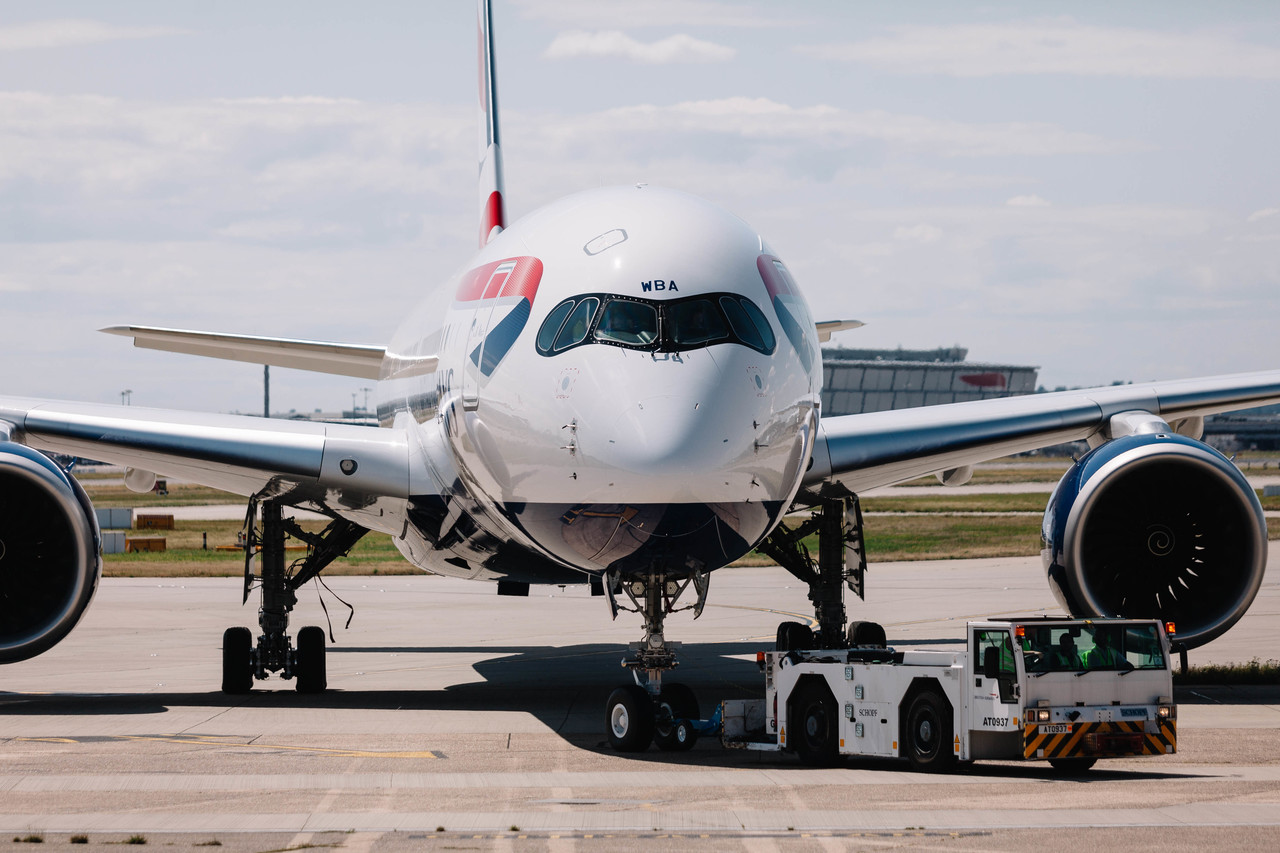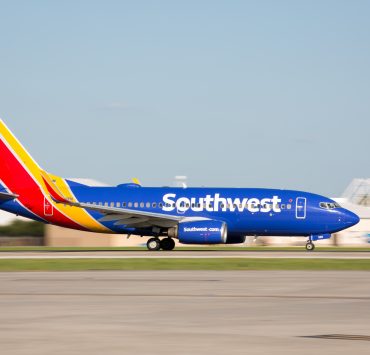
Last week, the chief executive of British Airways wrote an open letter to the airline’s 45,000 employees to tell them there was “no Government bailout” waiting for the embattled flag carrier. Alex Cruz used the lack of government funding to justify the airline’s decision to make 12,000 employees (nearly a third of BA’s entire workforce) redundant – with just 45-days notice.
But on Thursday, BA’s parent company said it had managed to secure £300 million in a government-backed loan. In a separate leaked letter, Cruz confirmed that British Airways had been the driving force behind applying for and securing the bailout – so did Cruz deliberately mislead staff to justify the mass job cuts?

Not so, says a spokesperson for IAG who pointed out that the short term commercial loan was in accordance with current market conditions and was “not a bailout”. The loan was accessed through a special COVID-19 scheme set up by the UK government to support large businesses dealing with the economic “shock” of the pandemic.
The loan scheme is designed to cover a range of costs, including paying suppliers and covering workers wages. British Airways has also made use of a special furlough scheme in which taxpayers pay 80 per cent of an employees wages with the intention of keeping as many people as possible employed while businesses navigate through the crisis.
Around 12,000 British Airways workers are currently furloughed under this scheme.
But when asked whether British Airways had asked for a bespoke bailout and if not, why not, a spokesperson for IAG declined to comment. While British Airways and its parent company refuse to say why they aren’t trying to access funds to secure the livelihoods of 12,000 employees, it’s unions certainly have a theory.
The Unite union claims British Airways has “pocketed” taxpayer money designed to keep workers off the “scrapheap” and then “used its reserves to purchase other airlines, virtue signalling its determination to fully exploit the COVID-19 crisis to maximum advantage and achieve long-held commercial ambitions.”
“British Airways seem hell-bent intent on trashing their own reputation, almost appearing proud of acting in such a harsh and immoral manner,” the union says.
According to Unite, the airline is using public statements and internal communications to “divide” employees and “sow seeds of doubt”. Is a bailout waiting for British Airways or not? Who knows, the airline and its parent company refuse to say.
In an updated message to staff, Cruz has attempted to take a more conciliatory approach, saying the airline’s “priority is to save as many jobs as we can”. Perhaps Cruz has taken heed after being bombarded with letters from angry lawmakers who have urged British Airways to do more to save as many jobs as possible.
But even if some jobs are saved, there’s no doubt that some redundancies can’t be avoided. IAG today reiterated that it doesn’t think passenger demand will return to pre-Coronavirus levels until 2023 at the earliest. In the meantime, the airline group only plans to operate at 50 per cent of its planned capacity by late summer.
Mateusz Maszczynski honed his skills as an international flight attendant at the most prominent airline in the Middle East and has been flying throughout the COVID-19 pandemic for a well-known European airline. Matt is passionate about the aviation industry and has become an expert in passenger experience and human-centric stories. Always keeping an ear close to the ground, Matt's industry insights, analysis and news coverage is frequently relied upon by some of the biggest names in journalism.









